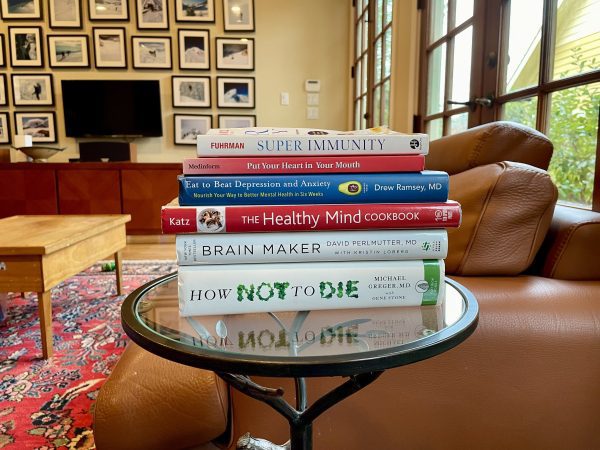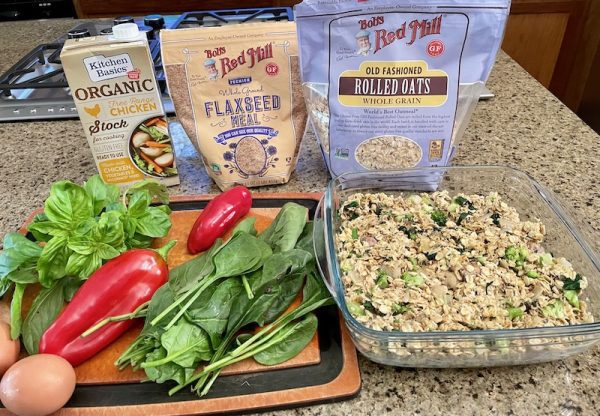How Stress Impacts Your Cognitive Function
In today’s fast-paced world, stress seems unavoidable. You may know that stress causes physical symptoms like headaches or muscle tension, but did you know that it can also have a significant effect on your cognitive function?
Stress can:
- Impair your memory and concentration
When stressed, your body releases cortisol (also known as the stress hormone), which can interfere with your brain’s ability to form new memories and focus on tasks leading to forgetfulness, difficulty concentrating, decreased productivity. - Reduce your problem-solving and decision-making skills – clouding your judgment, making it harder to weigh options, consider consequences, and make sound decisions. This in turn can result in poor problem-solving skills, impulsive behavior and affect your overall cognitive performance.
- Impact your learning and creativity
When stressed, your brain is in a constant state of alert, which can limit your ability to think creatively and retain new information, hindering your learning process, ability to think outside the box and lowering creativity.
3 Tips to Nourish Your Mind and Build Stress Resilience
You cannot always control external stressors. But you can help build resilience from within by nourishing your brain and body by breathing mindfully, staying hydrated, and prioritizing nutrient rich foods.
Breathe mindfully
Breathing is a powerful and quick way to dramatically shift your nervous system. When stress clouds your mind, breathwork can provide the clarity you need. Practice this simple technique:
- Inhale slowly through your nose to a count of 4, allowing your belly to expand.
- Exhale fully through your mouth to a count of 6, consciously releasing tension.
- Repeat for 2-3 minutes, focusing on this deep, rhythmic breathing pattern.
The extended exhalation activates the relaxation response, increasing oxygen flow to your brain. This quickly reduces brain fog while sharpening focus, concentration, and memory recall.
Make breathwork a habit, even if just for 5 minutes daily. It can help you reclaim peak cognitive performance when it matters most.
Stay hydrated
Hydration plays a crucial role in supporting your body’s stress response system. Dehydration can exacerbate stress levels and lead to fatigue, mood swings, and cognitive impairment.
- In general aim to drink about half your body weight in ounces of water (for example140 lbs. = 70 oz of water) throughout the day to support optimal brain function. Adjust as needed for summer heat, workouts or other factors.
- Infused water, chia water, herbal teas, and coconut water are great options to keep hydrated and also provide additional micronutrients.
Choose nutrient dense foods
Nourishing your body with nutrient dense foods is essential for supporting your body’s ability to manage stress
- Get macronutrients at every meal: quality protein, fats from nature, carbs from plants
- Increase your micronutrient diversity intake (minerals, vitamins, phytochemicals). How many colors on your plate each meal? How many plant foods in a day? Remember herbs and spices count too!
Foods high in antioxidants, such as berries, leafy greens, and nuts can help combat oxidative stress. Complex carbohydrates like rainbow vegetables, legumes and whole grains can help regulate serotonin levels, promoting a sense of calm and well-being.
Certain foods have been shown to have stress-reducing properties and can help support your body during times of heightened stress :
- fatty fish rich in omega-3 fatty acids – linked to reduced anxiety and improved mood
- foods high in magnesium, such as spinach, kale, nuts, and avocado help relax muscles, reduce anxiety, and support neurotransmitter function during times of stress
- green tea or herbal teas like chamomile, lemon balm and rooibos can also have calming effects on your mind and body.
What to Do
Recognize the detrimental effects of stress on your cognitive abilities ((memory, concentration, problem-solving skills, learning, and creativity). Take proactive steps to manage stress levels. 💪
By staying hydrating, nourishing your body with nutrient dense foods and practicing mindful breathing you can equip yourself with the tools to better manage stress and promote overall resilience.
Small changes in your daily food choices can have a significant impact on your ability to cope with stress and thrive in the face of life’s challenges. Build one new habit at a time. 🌟
What new habit will you start today to build stress resilience?
For more empowerment
5 Breathing Techniques to help reduce stress – Dr. Ranjan Chatterjee
Stress Management Activities – Dr. David Perlmutter
Commit a minimum of 10-20 minutes to a stress management activity of your choice. Try and establish a routine that you keep as often as possible – ideally the same time every day.
From Toxic to Thriving: Examining Stress’s Effects on the Brain – Dr. Austin Perlmutter
Here are 3 key things to know about the link between brain wellness and stress that you’re probably not hearing about (as well as some strategies to mitigate stress)





